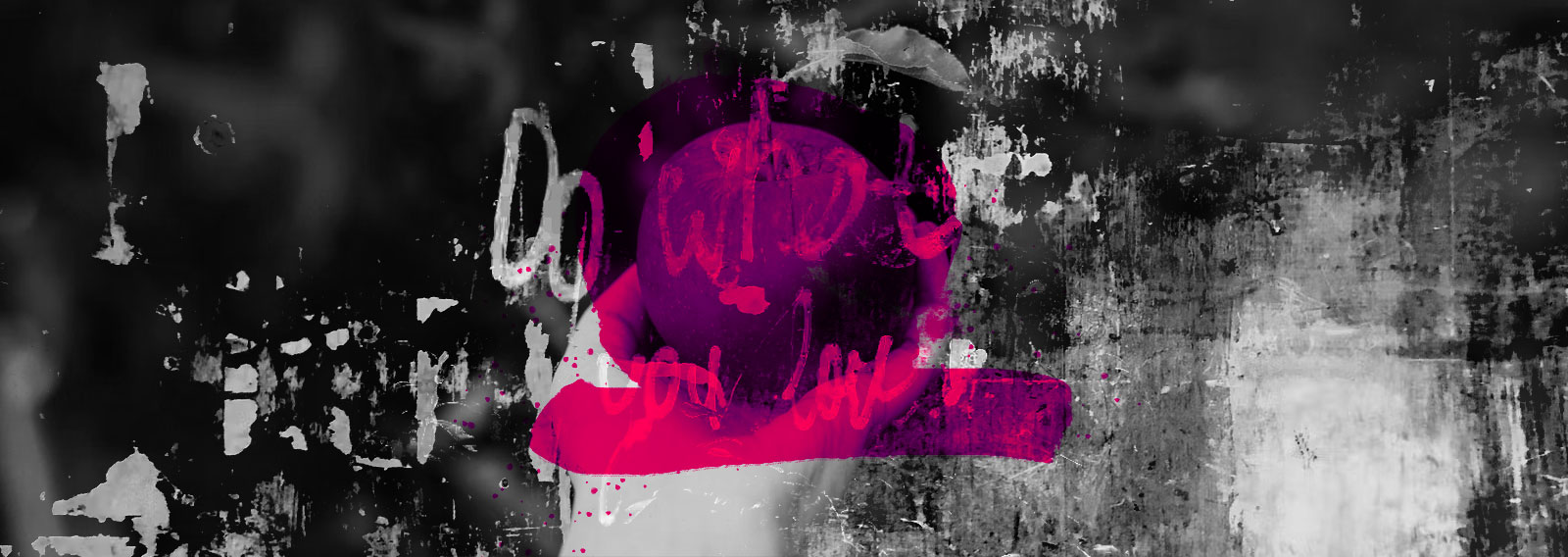Over the recent years, we’ve seen no shortage of state-sponsored degeneracy. One theme that seems consistent across the board is that the greater the state’s delusions of grandeur, the worse the taxpayer-funded depravity it promotes.
A recent example out of Australia was the Federal Government’s handover of $10.7 million in taxpayer money to, so-called, “artists.” Among these was a performer whose act, the Daily Telegraph described as:
“…a piece called The Power of the Holy Spirit, an experimental performance lecture which will ‘end with [the artist] getting naked and putting something up her butt (but, like, in a really arty and compelling way.)”
Of course, this sort of thing isn’t flaunted as merely depravity and sin. It’s often held up under the guise of liberalism. It’s presented as freedom from that stuffy, archaic moral rigidity leftover from our grandparents’ generation, as though outdated morals are all that’s at stake here.
But what if that steady march of “progress” under the banner of “moral liberation” is, in fact, leading us somewhere else? Somewhere that even the staunchest progressive wouldn’t necessarily want to end up? What if the prize at the end of the road isn’t freedom after all? What if it’s the exact opposite?
That is a question R.J. Rushdoony addressed in a chapter of his book titled, The Foundation of Social Order: Studies in the Creeds and Councils of the Early Church.
In the piece, Rushdoony explains that a means by which the power state, or budding tyrannical governments, increase in power over the populous, is by maintaining a perpetual state of guilt. Not the sort of guilt that would drive a sinner to Christ for the forgiveness of his sins, but a guilt with no end, a guilt with no relief.
It’s the sort of guilt that makes a man, not only feel guilty for indulging in vice, but guilty for experiencing that natural sense of guilt that arises. As such, we have a generation or more whose first response to an unsettled conscience is not to properly deal with their guilt, but to prop up distractions that seemingly help to divert the mind’s attention.
The guilt remains, but only in the back of the mind. The sin is never dealt with, and that’s the point. Fearful men are weak men, and few things terrify a man more than the public airing of their dirty laundry. Children might be scared of monsters under the bed, but it’s the adults who are terrified of the skeletons in the closet.
Conscious or otherwise, it is this fear that shackles the mind and enfeebles the man. And for the tyrant-in-waiting, his job is half-done through the peoples’ self-inflicted, mental enslavement through fear and never-ceasing guilt.
Rushdoony explains:
The power state has a stake in perpetuating sin because guilty men are slaves. A man with a guilty conscience is not a free man; he is in bondage, and his life will reveal his inner slavery. More than a few wives have on occasion tried quietly to push their husbands into adultery in the knowledge that a guilty man is less independent and less confident in making a state in terms of his rightful authority and responsibility. As Shakespeare’s Hamlet observed, ‘Conscience does make cowards of us all.’
The effects of a bad conscience are enslaving. The power state therefore works to promote immorality as though it were a necessary aspect of human liberty, and to destroy Christianity, in order to eliminate the remedy for sin, the relief and healing for an enslaved conscience.
Without the liberating power of Christianity, the forgiveness of sins through Jesus Christ, there is no possibility of overthrowing tyranny. The gospel of the tyrant state becomes the assertion that liberty is license to sin, and slavery is the liberty of moral self-government.
In every such state, the courts and schools decree and interpret liberty as freedom from morality. The people are deluded into believing they are a more free people because they now possess a licence to fornicate, to commit adultery, indulge in perversions freely, and read pornography.
Meanwhile, as the people wallow in this ‘new freedom,’ the state rapidly extends its powers over the people, over family life, economics, education, business, labor, and agriculture, over the churches, art, science, and all things else.
The promulgation of the idea that sexual and moral irresponsibility is liberty is thus the usual and necessary prelude to the destruction of liberty and the rise of statism. The ‘new freedom’ produces the old slavery.
R.J. Rushdoony, The Foundations of Social Order; Studies in the Creeds and Councils of the Early Church, Chalcedon Foundation, 2009





















